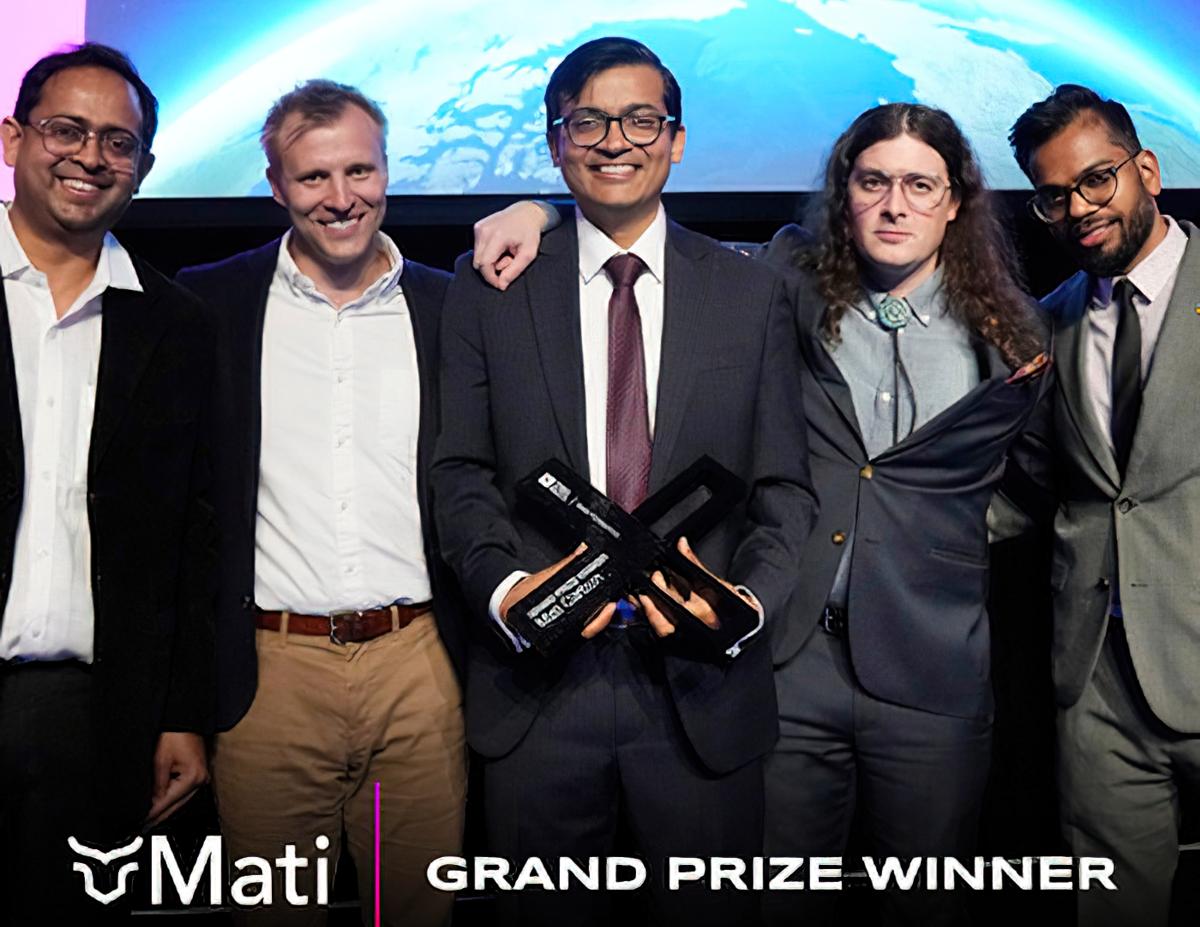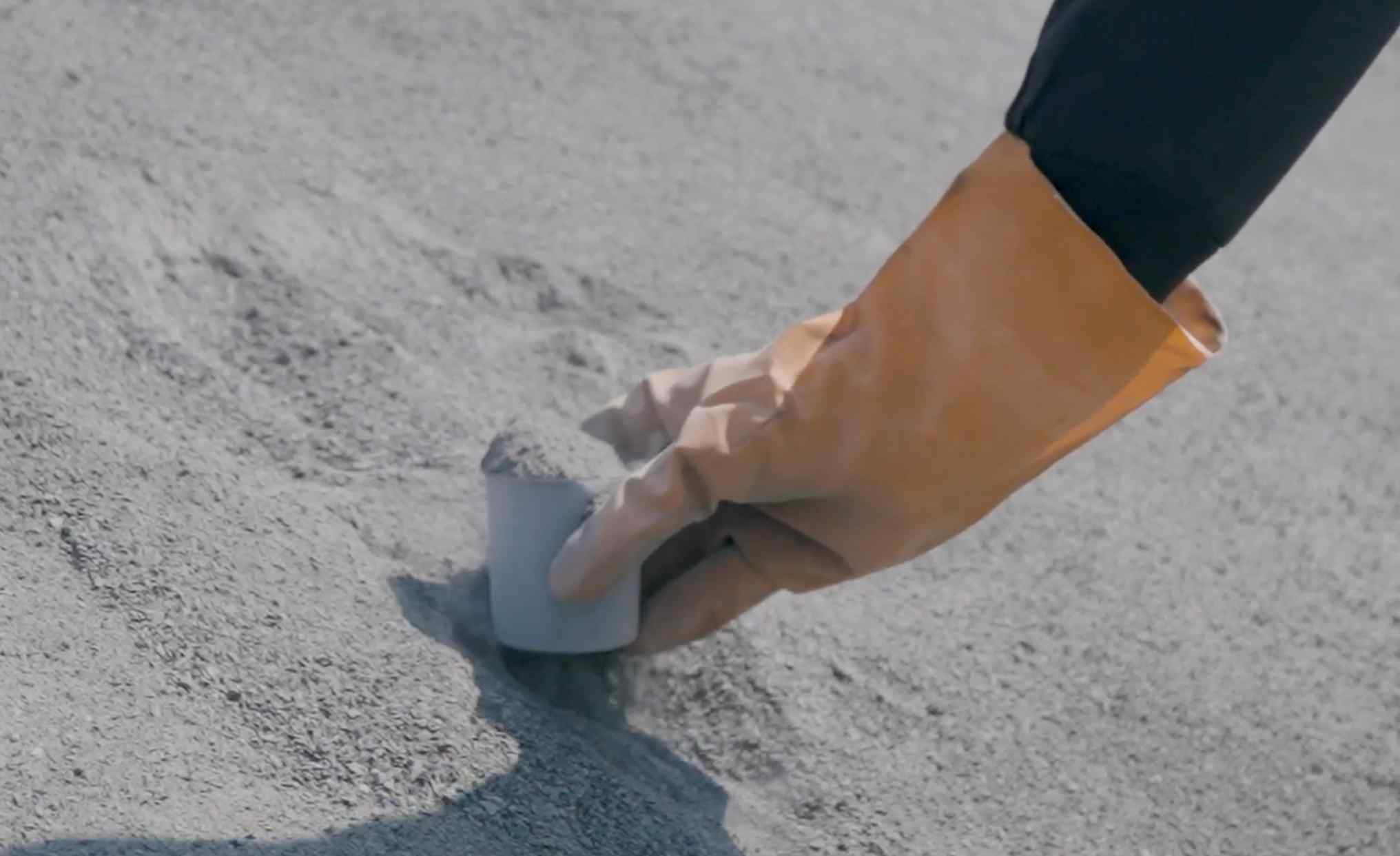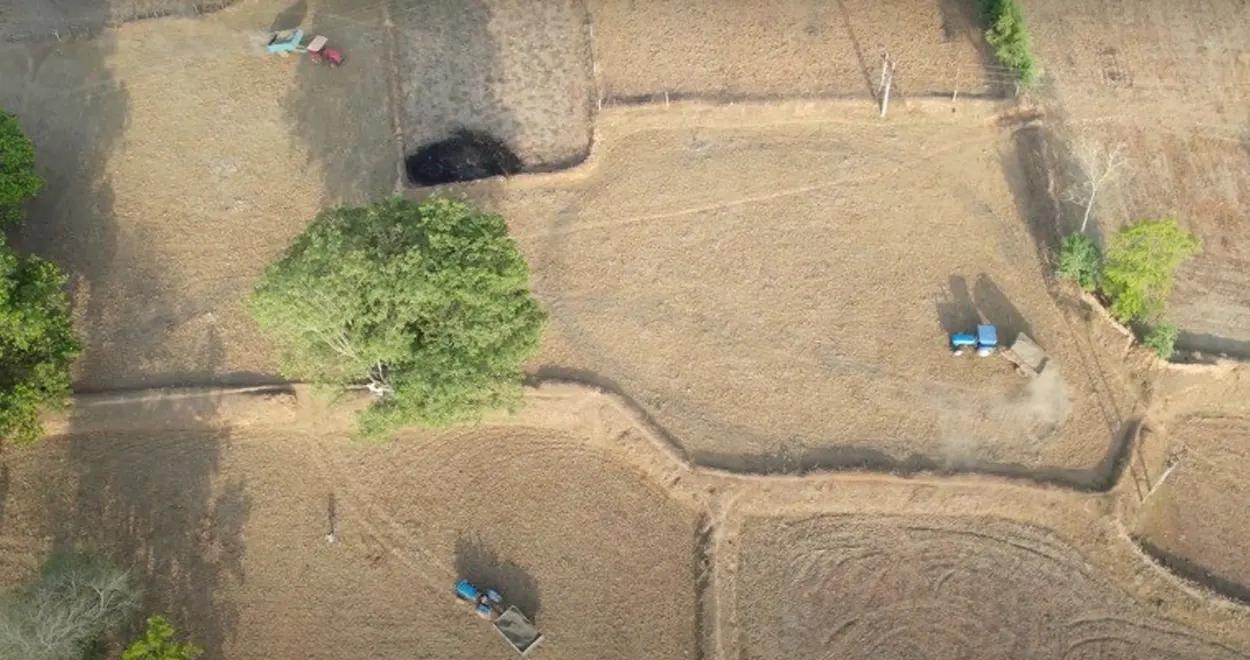On Earth Day – April 22 – the XPrize announced the winners of its Carbon Removal contest. A company called Mati Carbon won the $50 million prize. Their method is simple, but it could remove huge amounts of carbon dioxide and also help farmers grow more food.
Carbon Removal
The heavy use of fossil fuels over the last 150 years has caused the Earth to warm up. That pattern will continue and get worse unless we stop polluting very quickly. And even if we do end fossil fuel use, there’s still way too much of a polluting gas called “carbon dioxide” (CO2) in our atmosphere. Scientists say that CO2 must be removed from the atmosphere and stored.
Plants and trees do this naturally. But there’s so much CO2 in the atmosphere that just planting trees and protecting forests won’t solve the problem. That means humans need to come up with ways of removing carbon from the air and storing it.
The Xprize Foundation holds contests that encourage people to come up with new ideas to solve big problems. In 2021, the group began a 4-year contest for the best ideas for removing more than 1,000 metric tons of CO2 in a year.

(Source: XPrize.)
Over 1,300 teams entered the contest. Last year, 20 finalists were chosen. The finalists used many different methods to remove carbon. But in April, Mati Carbon won the $50 million grand prize with a fairly simple idea.
The company uses a very common kind of volcanic rock called basalt. Basalt is used worldwide to construct roads and buildings. Companies that break up the basalt often have a fine powder of basalt left over that they can’t use.
Luckily, this is exactly what Mati Carbon needs. The company removes carbon by spreading this rock powder on farm fields. The powder pulls CO2 out of the water in the soil and stores it in a way that will last for thousands of years. Mati’s method of carbon removal is called “enhanced rock weathering”.

(Source: Mati Carbon.)
The results aren’t just good for the environment – they’re also good for the farmers. Farmers who use the basalt powder on their fields grow roughly 25% more food. In areas with poor soil, farmers can grow as much as 70% more. The rock dust also helps the soil hold water better, which is important in dry places.
Mati Carbon is already spreading basalt powder on farms in several countries, including India, Tanzania, and Zambia. The company is focused on working with small farmers in poorer countries. It has worked with 16,000 small farmers and covered more than 23 square miles (60 square kilometers) of farmland with basalt dust.
Mati Carbon is a non-profit company. It puts the powder on farmlands for free. To pay for this, the company sells “carbon credits”. Since Mati Carbon is removing pollution, large companies that create pollution buy credits to “offset” their pollution so they can be “carbon neutral“.

(Source: Mati Carbon.)
One of the things that impressed the XPrize judges is how the company carefully tracks and records the impact it is having. So far, Mati Carbon has removed over 1,000 metric tons of CO2. But the company believes that number will grow rapidly.
Mati Carbon says that about 200 million small farms around the world could be helped by basalt dust. The company is planning to begin work in three more countries soon. It also plans to allow other companies to use its methods to reach even more areas.
Shantanu Agarwal, who started the company, says that if Mati Carbon’s methods were used on all the world’s small farms, it could remove one billion (1,000,000,000) metric tons of CO2 every year.
That goal may be a long way off. But now Mati Carbon has $50 million to help spread its ideas.
